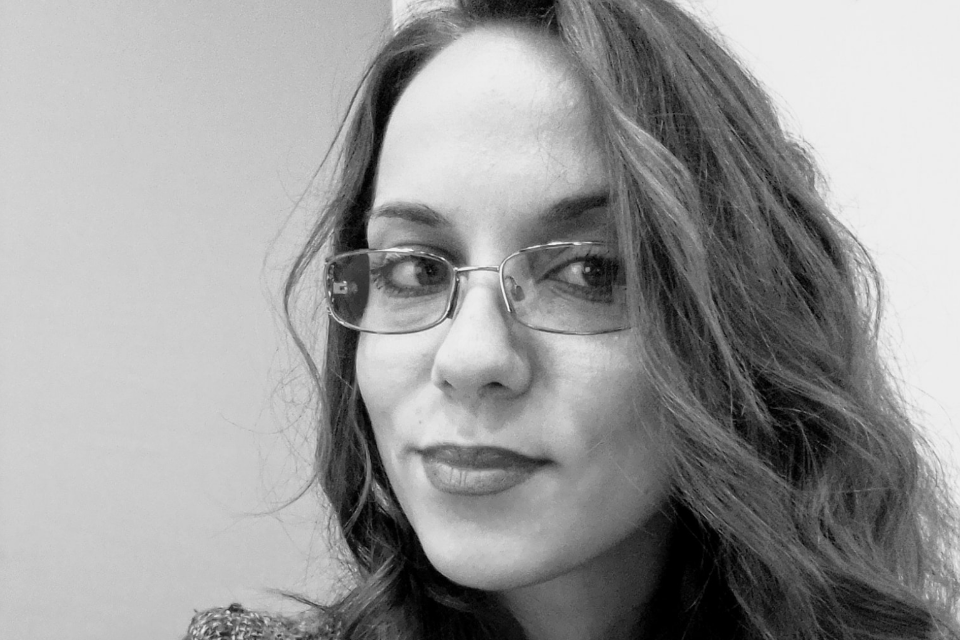From Where I Stand: “People with disabilities, especially women, are seen through the lenses of what they cannot do, instead of what they are able to achieve”
Date:

Aleksandra Tomašević is an activist with the VelikiMali, organization, which works with children and youth with disabilities. She is also a member of the Women's Peace Group from Pančevo, a city close to Belgrade, the capital of Serbia, and is currently working for a network called From the Circle – Serbia, which is providing support and assistance to women with disabilities. This network is among the civil society organizations participating in the UN Women project, Test it, if you tasted it, focused on showing the hidden discrimination that marginalized women face.
![]()
Women with disabilities face various forms of discrimination in all key areas of life: education, employment, independence, health care, or starting a family. This discrimination is mostly twofold – because she is a woman and a person with disability and it can be seen in various situations - from the accessibility of institutions and availability of services, such as transportation, to the lack of sensitivity among health workers, for example gynaecologists, and lack of trust within society in their abilities and capabilities. The main problem is that people with disabilities, especially women, are seen through the lens of what they cannot do, not of what they are able to do and achieve.
Many women are not aware that they have been discriminated against nor do they know what discrimination is. To recognize discrimination and to deal with it, women must know their rights, how they can protect themselves, and who can support them. Some support services for women with disabilities do exist, such as personal assistance and geronto-housewives [home care assistance for elderly people], but the conditions for receiving such support are often not appropriate or applicable. Women who cannot hear, and are in a situation of violence, cannot use the national SOS telephone line, even though it exists as a support service, because it is not adjusted for their usage.
Women with disabilities have specific needs. For example, if she wants to become a mother, she encounters prejudice, pity, because she is often not expected to fulfil the social role of a mother. This is not the "fault" of either a woman or her disability, but of society, which does not have adequate mechanisms or services that would enable her to take care of a child. Women with disabilities who are in a situation of violence have no means to protect themselves, nor to leave the perpetrator, because they are usually financially and physically dependent on the perpetrator. To improve the position of women with disabilities and to prevent discrimination, support should be provided to organizations representing them in order to accredit and fund new programmes and services that would address these issues.
The UN Women project, Test it, if you tasted it, is important because it will give us a clearer picture of the extent and the ways that women from marginalized groups in various areas of life face discrimination. Moreover, participating civil society organisations will gain experience and knowledge about discrimination, its harmful effects and mechanisms for testing and proving it.”